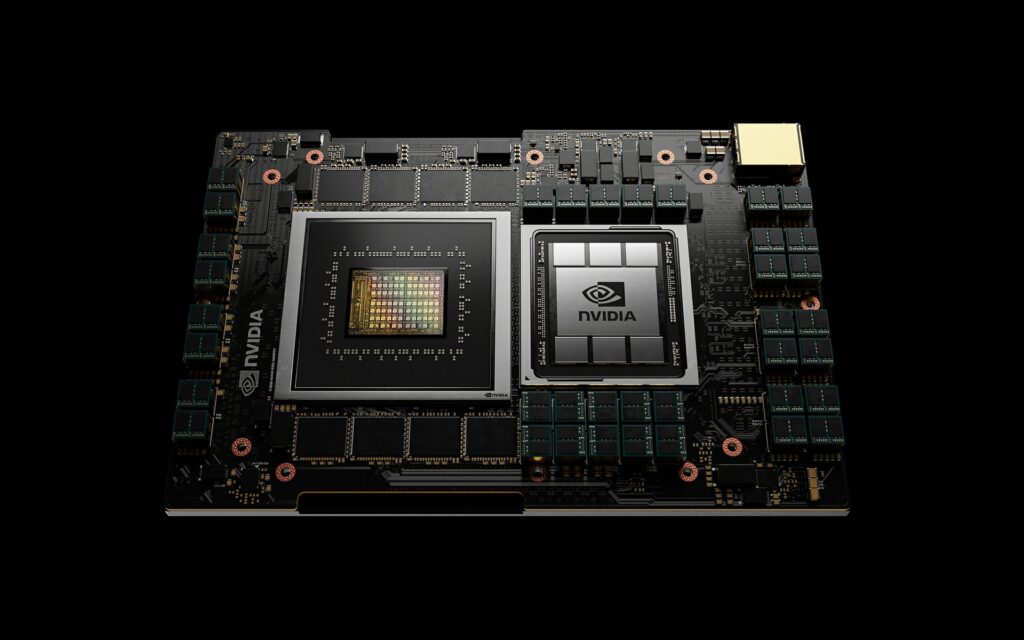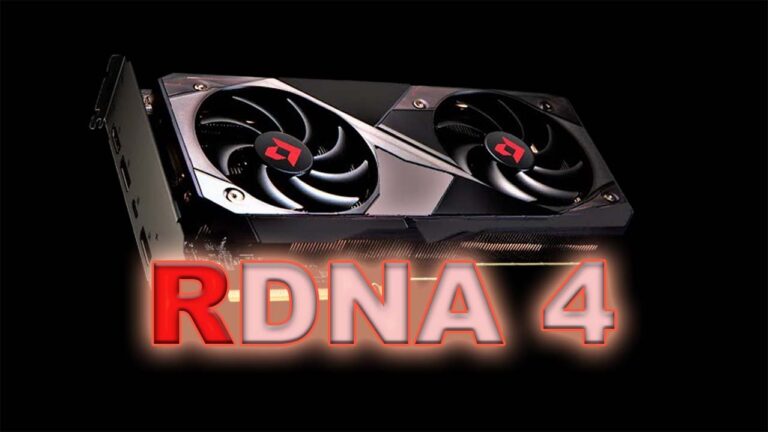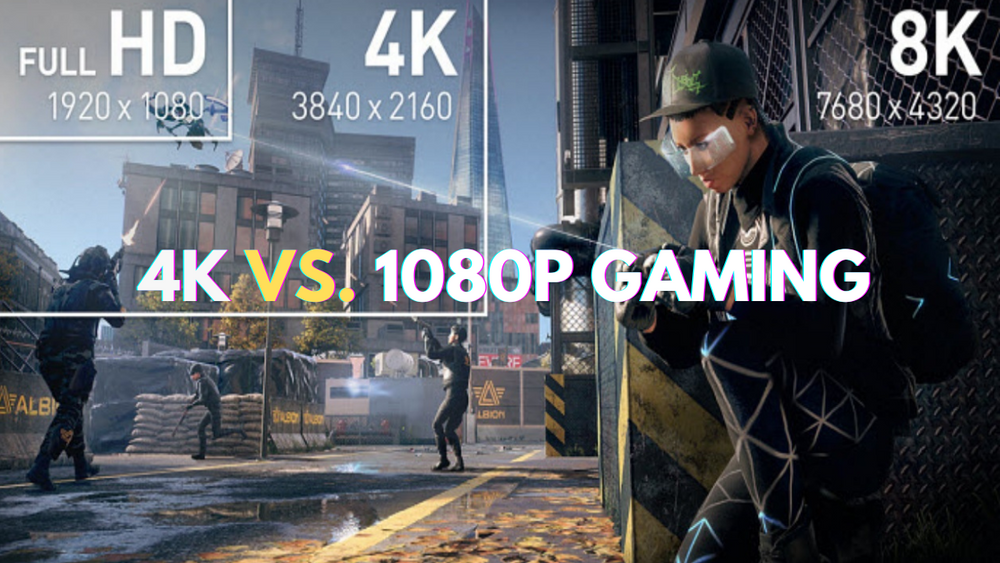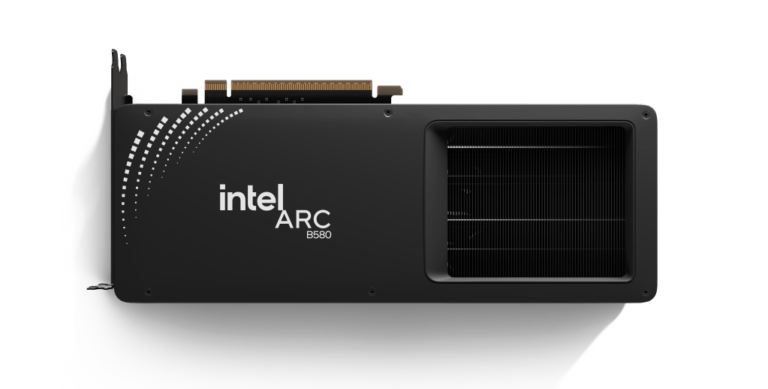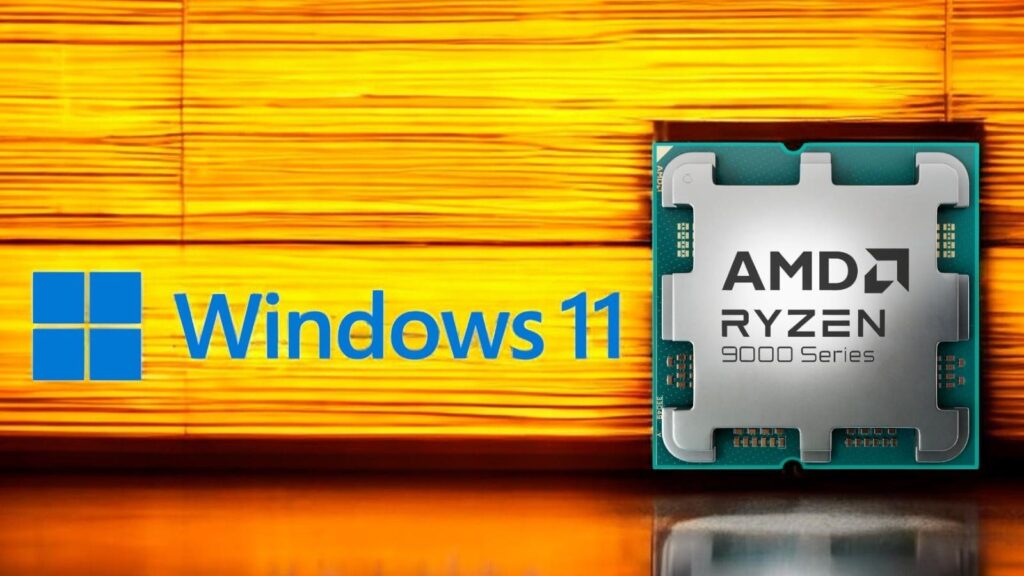
Recent Windows updates, especially the upcoming Windows 11 24H2, raise concerns among AMD users. The data is clear: Microsoft’s updates show a consistent bias in favour of Intel CPUs, often leaving AMD Ryzen users to grapple with frustrating performance issues. From core management quirks to drastic FPS drops in gaming, Windows 11 seems to sideline AMD’s potential, with serious implications for those using Ryzen processors. Let’s break down what’s happening and why it matters.
Windows 11 24H2: A Step Backward for AMD Ryzen Performance?
5900X Gaming Performance Suffers in the 24H2 Update
With the 24H2 preview update, Ryzen 9 5900X performance faltered in multiple games, often falling short of the same system running on 23H2. While certain games saw a slight FPS increase—like Remnant 2, which showed a modest 5% improvement—others saw massive declines:
- Starfield saw an 8% FPS drop.
- The Last of Us Part I dropped by 10%, pushing it below 100 FPS and affecting gameplay smoothness.
- Overwatch 2 experienced a drastic 14% drop, losing around 50 FPS.
Meanwhile, Avatar: Frontiers of Pandora became nearly unplayable, suffering from severe frame rate instability. Even after reinstalling drivers and troubleshooting, the issue persisted, pointing to a troubling compatibility gap with AMD hardware on Windows 11’s new build.
Total Performance Loss: 24H2 vs. 23H2 on AMD Ryzen 5900X
Aggregating the results, the Ryzen 9 5900X clocked in 5% slower on 24H2 than on the 23H2 update. If we exclude the severely impacted Avatar game, the regression is still around 3%. It’s frustrating that a fresh update, supposedly optimized for modern hardware, actively lowers performance for AMD users in many titles.
In Production Workloads, Intel Stays Stable While AMD Sees Inconsistencies
Intel i7-13700K Production Tests: Consistent, Minor Gains
For Intel users, the update story is much different. Across both gaming and productivity tasks, the Intel i7-13700K remains stable and predictable. With the 24H2 update, performance averages held steady or showed slight improvements. For instance, in games like Spider-Man: Miles Morales and Cyberpunk, Intel saw a mild FPS boost, while dips were minor and well within an acceptable margin of error.
AMD’s Production Results: Core Management Issues Hold Back Ryzen
With AMD Ryzen CPUs, Windows 11’s inconsistencies are more pronounced. In Cinebench and Blender benchmarks, AMD scores fluctuated more than Intel’s, with slight dips in sample tests when comparing 24H2 to the 23H2 versions. This is likely tied to how Windows manages AMD’s core structure, failing to effectively distribute workloads across Ryzen’s high-performance cores.
Why Is Windows 11 Breaking AMD CPUs? A Look at Microsoft’s Potential Bias
Delayed Optimizations for Ryzen
The most puzzling part is the delay in Windows optimizations for AMD Ryzen CPUs. Microsoft’s core management system in Windows 11 often fails to utilize AMD’s architecture fully, despite years of collaboration between AMD and Microsoft. In contrast, Intel’s Performance and Efficiency cores have been smoothly integrated into Windows updates, minimizing hiccups or performance losses.
The Admin Mode Advantage Here’s where it gets even stranger:
AMD CPUs often perform better in administrator mode in the Windows 11 23H2 build, leveraging performance settings reserved for privileged users. Yet, this optimization hasn’t been rolled out to general users. Windows 10, notably, runs Ryzen chips more effectively than Windows 11, showcasing a trend that’s hard to ignore.
Favoritism or Oversight?
It’s hard not to question the intent here. How could Microsoft overlook such a major performance discrepancy, especially as AMD continues to increase market share against Intel? While it’s possible these issues stem from complex technical requirements, the consistent performance drops on Ryzen hardware, paired with a smoother Intel experience, leave users questioning if Microsoft is favoring one brand over another.
Why This Matters: AMD Users Need Transparent Support from Microsoft
For AMD users, these performance drops are more than just frustrating; they’re barriers to fully utilizing their hardware’s potential. Gamers with Ryzen CPUs, in particular, are feeling the effects, as flagship titles experience frame dips, stuttering, or outright instability. Production workloads also suffer, as Windows 11 fails to manage AMD cores efficiently, affecting AMD’s appeal in workstation builds.
What Should Microsoft and AMD Do Next?
Microsoft needs to prioritize full compatibility and performance parity across CPU brands. If Intel CPUs are receiving smoother integrations in Windows updates, then Microsoft should ensure AMD’s unique architecture is also fully supported. AMD users should not have to troubleshoot or worry about losing frames due to updates; a transparent commitment from Microsoft is crucial to ensuring balanced hardware performance across brands.
Should AMD Users Update to Windows 11 24H2?
For AMD users, caution might be the best course of action with the upcoming Windows 11 24H2 update. The performance impacts, lack of optimization, and lingering core management issues may hinder rather than help your experience, especially if you’re using Ryzen hardware for gaming or heavy production tasks. Intel users, however, should experience smoother results with fewer concerns about performance drops.


